The 2018 World Cup spectacle has been a jarring and intriguing global tournament at many levels. Besides the remote control tensions and conflicts it visited unto our living rooms and the early humble pies it served on the Lionel Messis and Cristiano Ronaldos of our world, the tournament ushered onto the pitch a new, phenomenal football legend that is likely not only to hog the limelight for many years to come, but one that will forever change our very football palate, the whole taste of the beautiful game…
Player number 23 is VAR (Video-Assisted Referee!) He is my player of the tournament.
Whether he is the villain that has stolen that raw, real-time bitter-sweet stink and aura of human error (I shall not say what my dirty friend calls it!) or he is the saviour and hero that is here to guarantee that victory can longer be stolen, it is clear that VAR is here to stay and that with all its granted imperfections, football has made a giant leap towards reducing the spaces for bias and partiality, for conscious and unconscious incompetence, for footballing conflict and contested results, the bitter aftertaste left in the hearts of billions every weekend - and that, perchance football made huge strides towards the attainment of free, fair, non-violent and credible sporting outcomes.
Clearly, way too much money, way too many resources and way too deep human emotions have been invested on the pitch to leave the whimsical discretion of a singular human arbiter - the ref - to decide matters in a game whose sheer speed and intensity is increasingly furious. Yet with all the money it generates, this is just sport and entertainment.
No sooner will Luka Modric or Paul Pogba lift that World Cup to the sky tonight, than Zimbabwean minds switch back to a different venue, a more unkind sport and a deeply dividing conflict that sits at the very epicentre of their governance, their lives and livelihoods and the future of their children. In only a few days Zimbabwe must decide at the polls whether to remove the country from its long-drawn decades of life-support or to retain its moribund ICU status or to restore it to the great country we all know it can be.
Needless to say, for many years now, the country has been reeling in isolation and poverty. Its despondent citizens living borrowed lives, strewn out in far-flung, unkind corners of the world, Zimbabwe's elections have continuously delivered controversy, suspicion, disputed results and the bitter after-taste of conflict, fear and anger. Without fail, every election has brought into sharp focus the quality of the "election referee". To many Zimbabweans, the very faces of Tobaiwa Mudede and Utoile Silaigwana are an image and personification of the election bias, the consistent theft of the voice of the people and the heavily compromised independence of state institutions in Zimbabwe and the Zimbabwe Electoral Commission (ZEC) in particular.
If only for football, the world is willing to go to such lengths of technological intervention to eliminate human error and bias and to achieve free, fair and non-disputable results, how much more important is VAR or the intervention of modern tech to eliminate the all-too-familiar manifestations of conflict that already loom large and threaten the lives of millions!
In spite of the depressing, familiar background soundtrack of the Silaigwanas, a huge sense of not only the fresh voters roll, but also the arguably less manipulable BVR system engulfed Zimbaweans in the post-Bob build-up to the plebiscite. But no sooner have the games begun, no sooner has the ink dried on the beautiful, repeated assurances of President Emmerson Mnangagwa that, for the first time Zimbabweans are guaranteed a free, fair and credible election, than the familiar tell-tales of unabashed election theft arise and threaten the integrity of the referee and the whole game.
At this World Cup, Africa got the bitter end of VAR. Two yellow cards, that on replay may have been issued harshly, both in error and sheer refereeing incompetence showed the exit door to Senegal and, by extension, to Africa. Asked to explain the glaring unfairness of the exit, VAR completely washed its hands of the yellow cards - explaining rather conveniently, that the football law limits his (VAR)jurisdiction to goals, penalty claims, rough play and game-changing incidents - but not yellow cards!
Yet it was an erroneous yellow card, issued by human error that, in this case sent a whole continent home.
Mnangagwa can win this tight election by a margin of 100 votes - not that it matters, because the cardinal rule and the assurance citizens expect from ZEC is that every single vote, whether postal or ballot, must be accounted for fully and transparently by ZEC, the referee and returning officer of the elections. If, as is apparent, ZEC is either incompetent or wilfully disinterested in the specific voting dynamics around the small matter of postal ballots… if Priscilla Chigumba is happy washing her hands of what really transpires not only behind the clearly suspect doors of Ross Camp, but in all other camps, barracks and embassies when the postal ballot arrives and is administered - how can ZEC expect to be trusted with the other significant parts of the whole electoral process? Professed ignorance or uncertainty about even the minutest aspects of the process must raise major concern and alarm for the integrity and reliability of institutional control of the whole process.
If, for any reason, there seems to be a sense of conflict arising with the election process - which is inevitable - ZEC must welcome and embrace the opportunity to not only explain as candidly as possible the neutral referee's interpretation of the situation, but, more importantly, to go beyond the strictures of legal confine to actively pursuing the critical public perception of integrity.
Nothing is more important in this election than trust, and that is manifest less in their knowledge of and adherence to law than in the attitudes, deportment and nuances of ZEC officials.
The most basic level of conflict is one of facts or data. Finding common ground in the factual interpretation of terms, definitions and the spirit of the law does not require emotional outbursts since facts are self-evident.
Similarly, a conflict of process or methods need not boil over if all parties sincerely intend a common goal.
However, if it is a conflict of purpose, where there is no frank agreement on why we are conducting these elections, then methods of bad faith will abound. If ZEC becomes an interested party in what becomes a conflict both of purpose and values between contesting parties, then the solution to our national crisis remains a far cry!
BVR, the potential Personality of Year 2018, may quickly become another huge damp squib - a Mampara of the Year!
------
Zii Masiye (ziimasiye@gmail.com) writes elsewhere on social media as Balancing Rocks.
- the standard
 Zimbabwe announces strict enforcement of axle load limits
Zimbabwe announces strict enforcement of axle load limits  SA decry 'non-existent' Beitbridge border post security
SA decry 'non-existent' Beitbridge border post security  Millions celebrate Diwali festival in India
Millions celebrate Diwali festival in India  Zimbabwe's dollar stock exchange surges 45%
Zimbabwe's dollar stock exchange surges 45%  Gold edges up as traders await guidance
Gold edges up as traders await guidance  Karo Platinum Project capex rises to US$546m
Karo Platinum Project capex rises to US$546m  Young Investment Professional (YIP) Graduate Programme 2019
Young Investment Professional (YIP) Graduate Programme 2019 
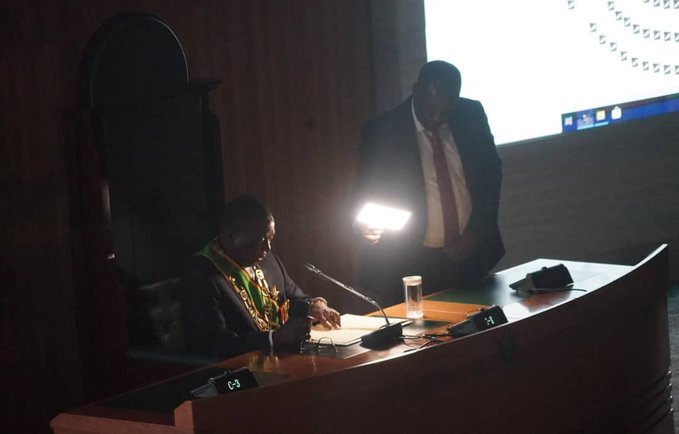

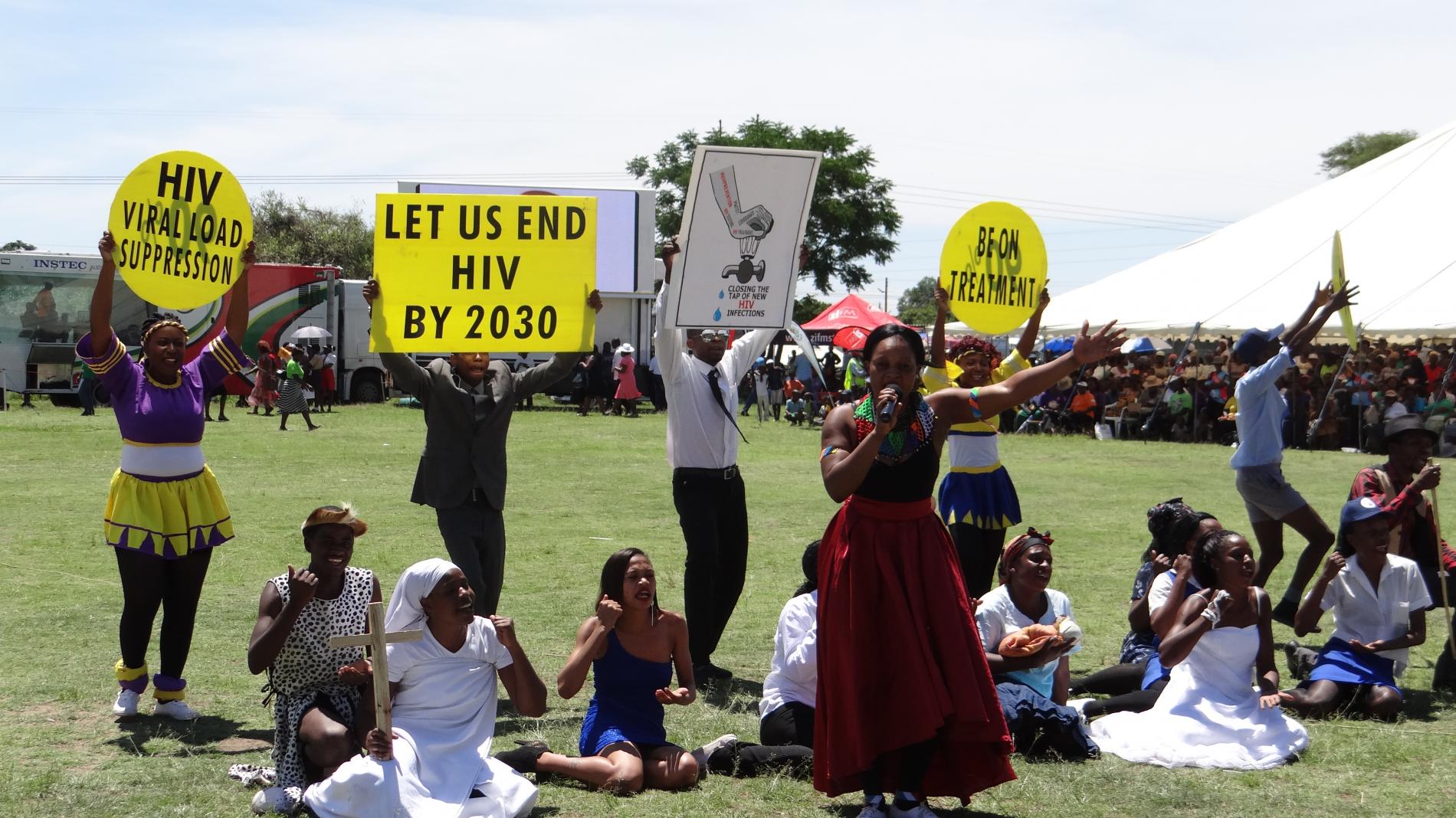
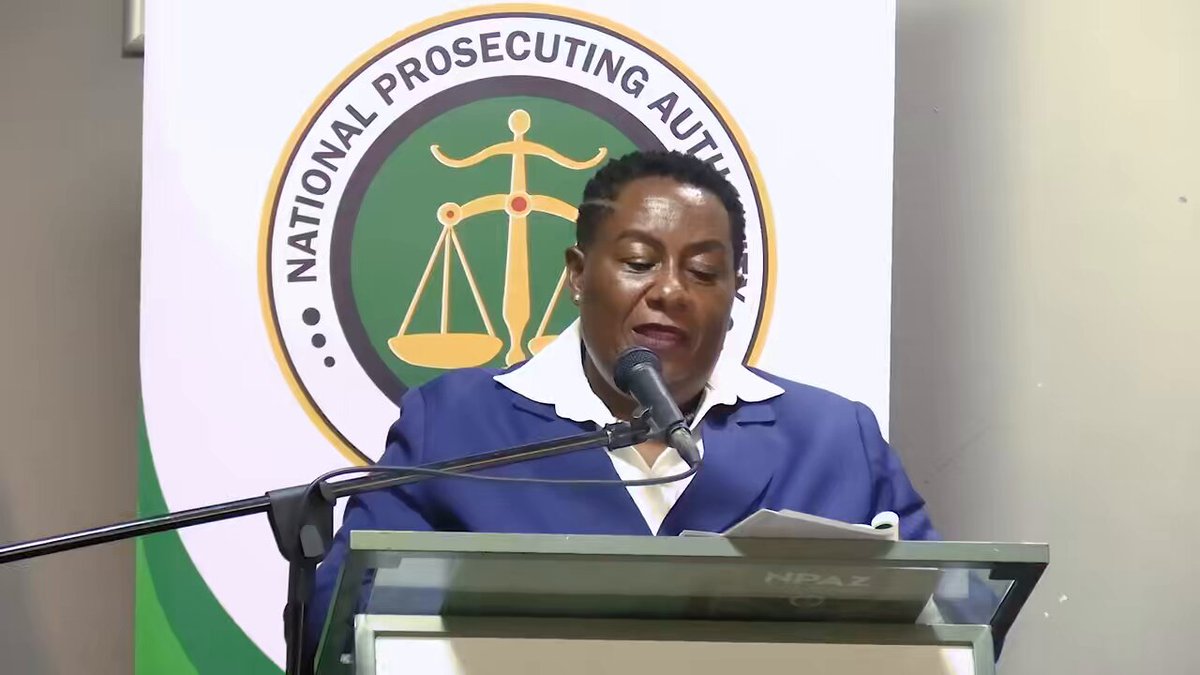


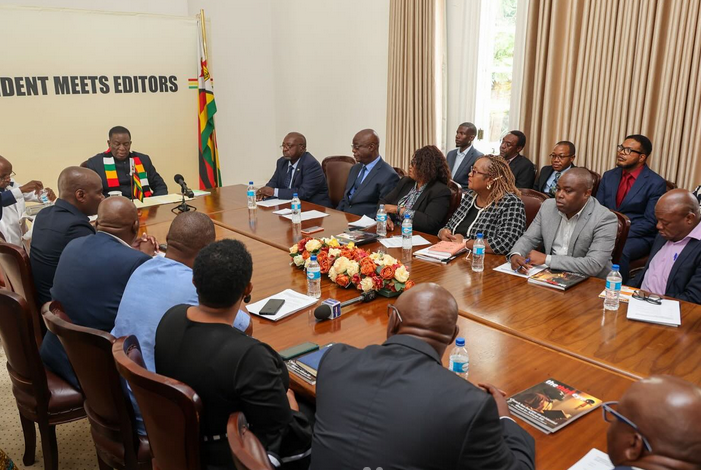
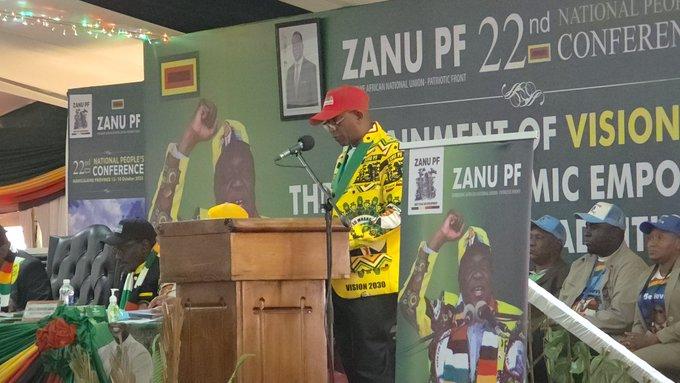

 Young Investment Professional (YIP) Graduate Programme 2019
Young Investment Professional (YIP) Graduate Programme 2019
Editor's Pick